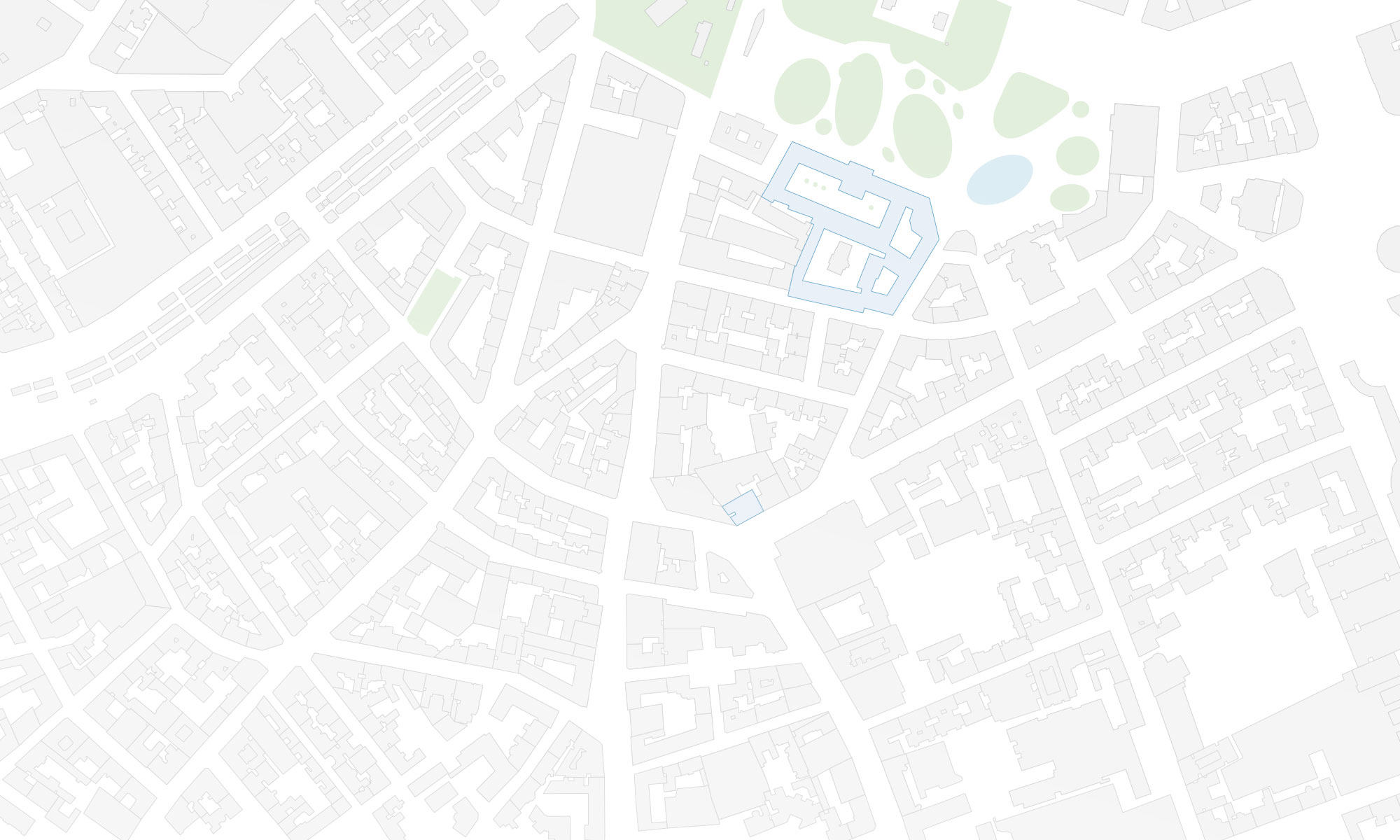We invite you to a CartoTalk [in English] by Mark Wigley from Esri Switzerland on the topic of
Challenging Cartography in ArcGIS with the Carto-Tools from Esri Switzerland
Esri – the leading international supplier of GIS software – has often in the past been shunned by the Cartographic community as concentrating too much on GIS and too little on cartography. Since the arrival of Cartographic Representations in the software ArcMap 9.2 Esri has put considerable effort into responding to this criticism and have since come a long way. This effort has been driven by the fact that the National Mapping Agencies (swisstopo, BEV etc.) are now starting to use their GIS systems to produce the National map sheets instead of using a graphic based software solution. Esri Switzerland has taken the Cartographic possibilities offered by the base software and gone one step further. Together with swisstopo a number of Cartographic processes and tools to help automate map production have been developed. This lecture will explain these Cartographic processes and a demonstration based on Open Street Map data will be given as how they can help produce a more pleasing cartographic result and optimise a production workflow.
Tuesday, 06 May 2014, 17:15
Forschungsgruppe Kartographie
Seminarraum 126
Mark Wigley studied Geographical Techniques in Luton College of Higher Education in England. After over 7 years working in the conventional cartography in both England and Switzerland he moved into desktop digital cartography at Kümmerly+Frey, the then biggest private mapping company in Switzerland. After a further 3.5 years he moved to Hallwag where he started as head of digital cartography the job of building a seamless European database using the existing paper maps. He went on, to become head of the Cartography department where he remained for over 11 years. He next moved into the software arena working 3.5 years for the Mapping Software company Morelli Informatik before finally moving to Esri Switzerland in the Autumn of 2011.

